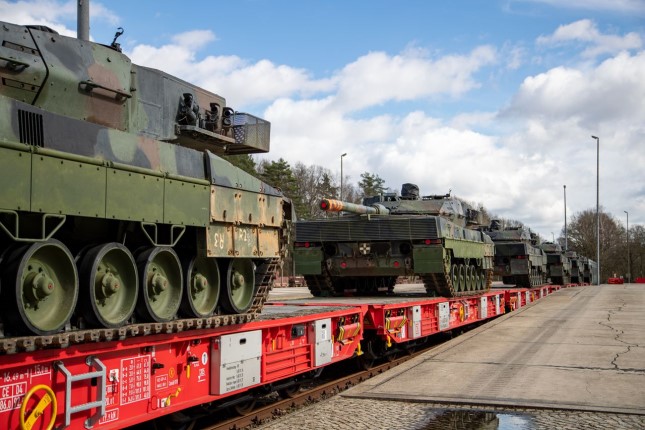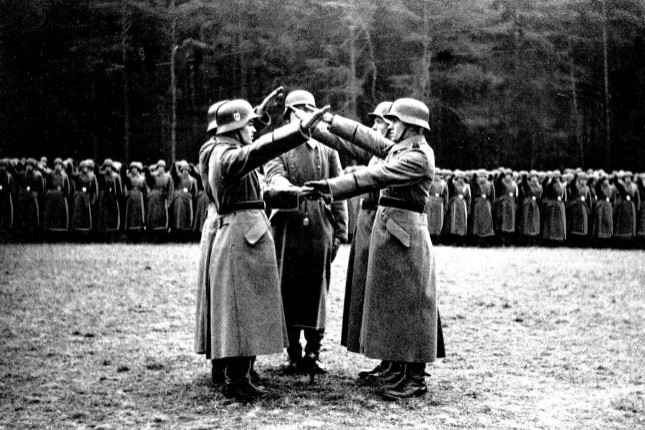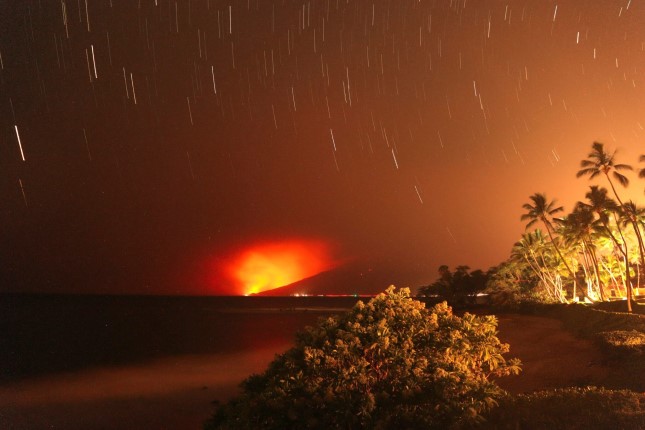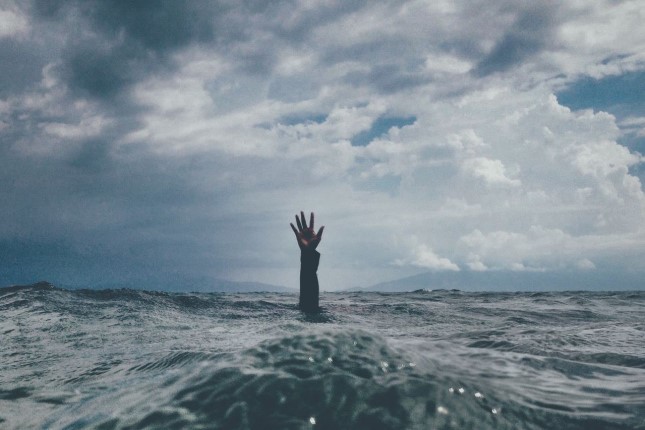The US, Japan, and the Philippines will hold their first-ever trilateral coast guard exercises in the South China Sea starting this week amid rising tensions with China in the region.
The exercises will take place off the coast of the Philippines’ Batan province and will be held from June 1 to 7. About 400 military personnel will take part in the drills, and Australia will participate as an observer country.
The Philippine Coast Guard said the purpose of the drills is to “strengthen interoperability through communication exercises, maneuvering drills, photo exercises, maritime law enforcement training, search and rescue, and passing exercises.”
The drills come as the US and the Philippines have been taking steps to boost their military alliance, including Washington formalizing its commitment to intervene if Philippine vessels come under attack in the South China Sea.
The Philippines, China, Taiwan, and several other Southeast Asian nations have overlapping claims to the South China Sea. Chinese and Philippine vessels occasionally have encounters near disputed reefs, and the US always reminds China during those incidents that the 1951 US-Philippine Mutual Defense Treaty applies to attacks on Philippine boats.
The US formalized the commitment when Philippine President Ferdinand Marcos Jr. visited Washington in early May. The two nations issued new guidelines to update the Mutual Defense Treaty that explicitly state an armed attack on vessels of either country in the South China Sea would invoke mutual defense commitments.
The two nations also recently inked an agreement that will give the US military access to four new military sites in the Philippines. Three of the locations are in the north and could be used as staging grounds for a future war with China over Taiwan. The other base is in Palawan, a Philippine island province on the South China Sea.
Source: AntiWar.
































